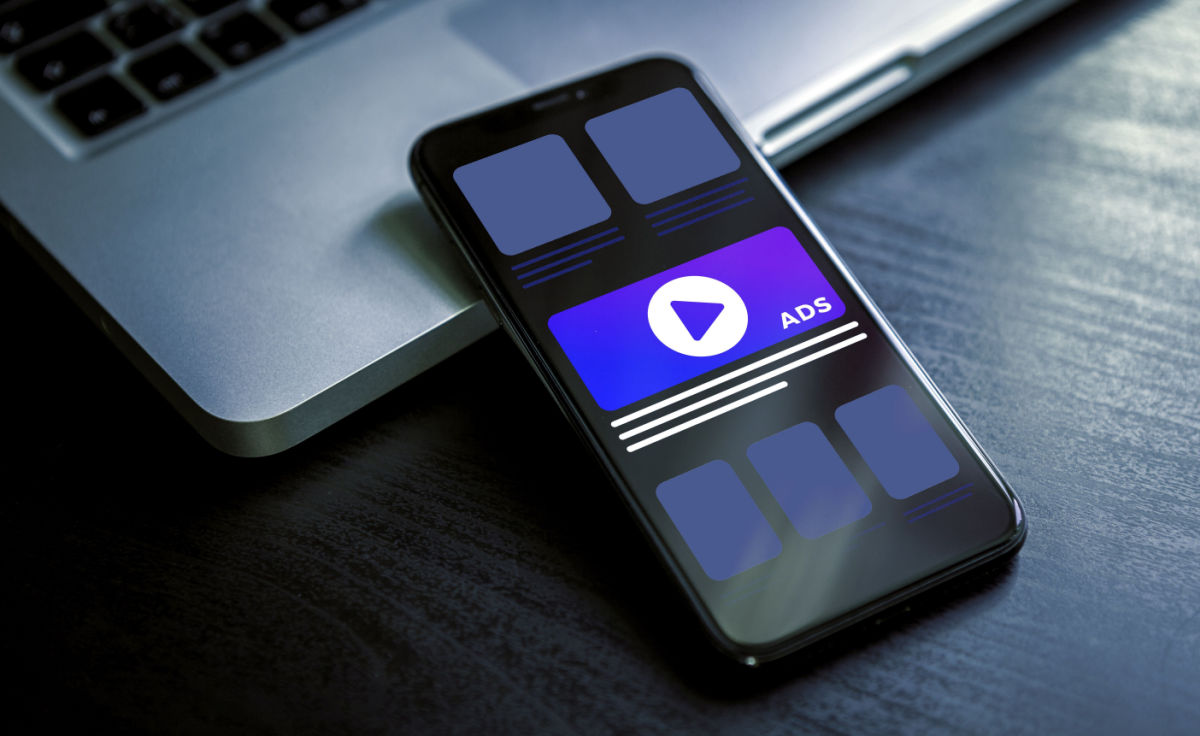It’s impossible to use your phone or computer these days without seeing at least a handful of advertisements fighting for your attention, time, and money. Because online advertising is a multi-trillion dollar industry, ads have become a regular part of life for most people who spend time online. But what if advertisements could tempt you into something that could hurt you?
Unfortunately, this is an all-too-real scenario for people with gambling problems. With the rise of online gambling has come an increased rate of gambling-related advertisements, and seeing these advertisements can be difficult for people struggling with addictive behaviors.
The quantifiable impact of gambling advertising is hard to isolate, and the subject is still being studied. Still, early research indicates that there may be negative relationships between exposure to gambling ads and problem gambling, especially when people are exposed to these ads from a young age. Here are a few sinister ways that online betting advertisements cause issues for problem gamblers and some next steps to take if ads are assaulting you!
Illicit Initiation
Exposure to gambling advertising can make even casual gamblers change their minds about their gambling intentions. That “free bet” on the newest sports betting site sounds awfully tempting, right? These types of offers are designed based on the prospect of low risk/high reward, and unfortunately, they work. Old and young people alike end up engaging in sports betting simply due to these effective advertisements. Once your free bet is over, these shady sites use bait-and-switch tactics to keep you spinning that wheel or pressing that button again and again (and again… and again).
Targeted Triggering
Gambling websites often rely on a technique called “retargeting.” To explain a complicated process in simple terms, the websites serve gambling advertisements to you on a different site after you’ve visited their site. Unfortunately, many problem gamblers report that a sudden ad for an old favorite gambling site can be a huge trigger, even if they’ve been recovering and attending Gamblers Anonymous for many years.
Billboard Bragging
Attention-grabbing ads weren’t invented on the World Wide Web. If you’ve driven anywhere today, we bet you’ve seen your fair share of billboards. Two particularly powerful billboard advertisements are the Powerball and Mega Millions jackpots, which are frequently displayed as simple but huge numbers (representing the amount of money you can win). For people with gambling problems, just a glance at these numbers can cause feelings of conflict.
These aren’t the only billboards that are tempting, either. If you’ve been paying attention to your surroundings lately, you’ll have noticed that sports betting and gambling sites are taking out their fair share of billboards along the side of the road, too.
Mobile Mania
A 2020 BlinkAI study found that around 43% of all the time spent on smartphones worldwide involves some type of mobile gaming. That’s a lot of time — unfortunately, mobile games are a particularly egregious offender when it comes to gambling advertisements. Many of the ads that show up in mobile games these days are designed to entice people (primarily young men) into gambling or sports betting.
What You Can Do
Are you tired of checking sporting event scores only to be bombarded by ads for the latest mobile sports betting site? You can fight back against gambling ads in a variety of different ways. Here are some techniques to try:
Get Educated
Learning more about gambling sites and casinos’ tactics to keep you hooked can help you hold yourself accountable. In addition, there are many great gambling books that can help you recognize and resist the temptation to engage with problem gambling — and ignore those pesky gambling ads.
Avoid the Ads
If you still find yourself tempted by ads, you can address the problem at the root by eliminating them altogether. UBlock Origin is available in the extension store of most computer browsers, including Chrome, Firefox, Opera, and Edge. This free, lightweight program blocks most advertisements on your desktop or laptop, and you can even make custom filters based on sites and domains.
If you want to block website ads on your phone, things get a bit trickier, but there are still a few ways. UBlock Origin is currently available as a mobile extension on Firefox and is definitely worth switching browsers for!
Pay to Win
Is your favorite mobile game trying to tempt you back to that poker app you’ve tried to quit? Consider paying a few extra dollars for the app’s “ad-free” version, find a similar game that doesn’t have advertisements, or use a tool like AdGuard VPN to block in-app advertisements.
Reduce Retargeting
If you’ve ever visited sports betting or poker websites, you’ll be served ads related to these sites nonstop. So in order to stop your past from following you around, follow these steps:
- Clean up your history. You can’t change history in real life, but you can erase problem sites from your browser history. Be sure to clear cookies and other data from these sites, too.
- Install a privacy-focused browser such as Firefox or DuckDuckGo. Avoid Chrome, which is notorious for selling user data to the highest bidder.
- Ensure that you always “opt out of interest-based ads” on Google, Facebook, Twitter, Instagram, and other social media sites you use. You’re opted in by default, so you’ll have to make these changes now if you’ve never bothered to check them.
- Change your browser settings to block third-party cookies. Blocking third-party cookies is one of the best things you can do to eliminate retargeted ads.
Need Help? We’re Here
We hope these tips help you as you navigate the world of annoying ads and bothersome billboards. If you’re struggling with a gambling problem or feeling tempted to slip back into bad habits, 800-GAMBLER is here for you. Our toll-free, confidential hotline is operated 24/7 by people who want to help you. Pick up the phone today, and someone who cares will answer.



